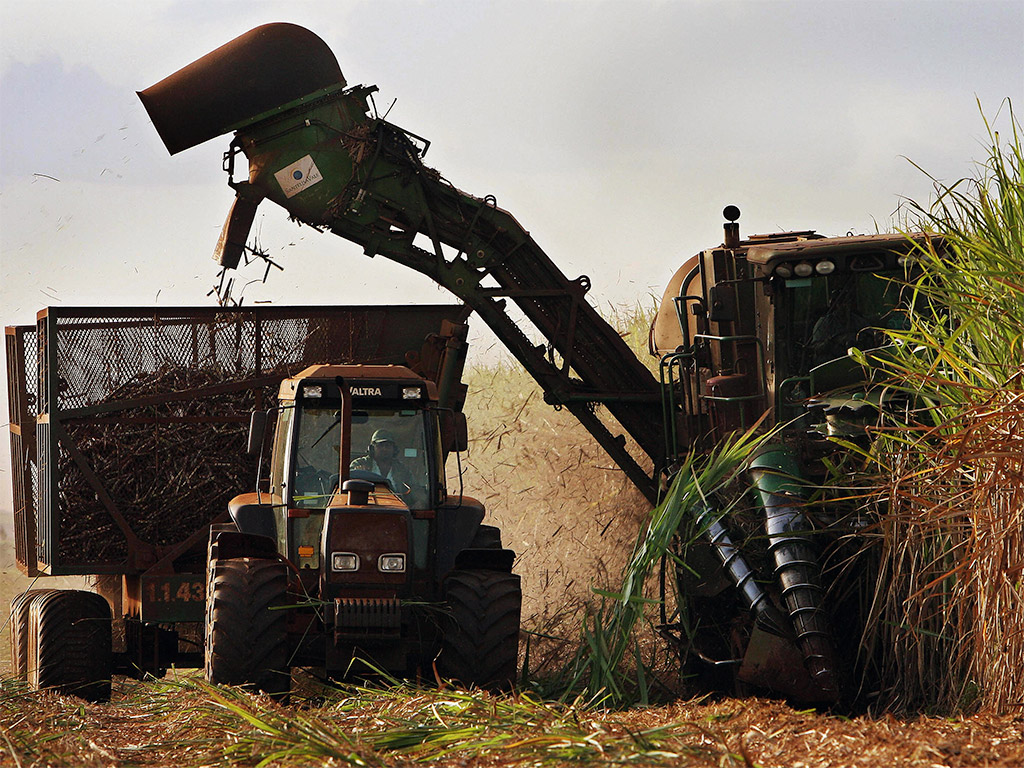
Brazil has been facing an enduring drought over the past quarter adding pressure to an already strained market. Surpluses over the past three years have caused prices to drop to record lows, fuelling an increasing in demand that the industry is unlikely to meet.
Though the drought in Brazil led to a brief spike in prices, complicated market conditions in the biggest exporter in the world have since caused prices to recede. High inflation in the country, as well as mounting costs for already indebted mills, have forced sugar and ethanol producers to sell stocks at below production costs.
[C]omplicated market conditions in the biggest exporter in the world have since caused prices
to recede
Brazil accounts for close to 60 percent of global sugar trade flows, and over 20 percent of the world’s supply. Over the past five years the market has become overrun with new entrants who built modern mills capable of producing both sugar and ethanol from cane.
“Following much investment into greenfields and expansion during the middle 2000s, the Brazilian sugar industry became highly indebted and vulnerable to the 2008 financial crisis,” explains James Cassidy, Head of the Sugar Desk, Newedge. “As a result, there were sharp reductions in field investment and replanting. Subsequently, there were periods of adverse weather that caused further losses in 2009 and 10. This reduced revenues and efficiencies. At the same time, rising ethanol production costs matched poorly with gas prices that were contained by government mandates. This made hydrous ethanol at the pumps uncompetitive with low priced gas.”
Since 2010, however, when a severe drought ravaged sugar cane crops, the industry has struggled to replicate low production costs. The Brazilian government, once biofuel enthusiast, has also taken the worrying step of capping fuel prices. This has left Brazilian producers at a heavy disadvantage, as producers in most other countries count on heavy government subsidies. “It is widely thought that the Brazilian government has been much more interested in re-election and preventing inflation than the consequences of hurting both Petrobras and the sugar and ethanol industry with capped gas prices,” says Cassidy.
The Brazilian producers’ exposure to the elements and market fluctuations has forced them to sell off stocks even as prices plummeted, which other producers have not had to do. As a result it can cost between $0.20 and $0.24 per pound to produce sugar in Brazil, while it is unlikely that prices will rise beyond the current $0.18 to $0.19 per pound price range.
While rising demand for biofuels could have bolstered demand for in the Brazilian industry, the government fuel cap has led to the closure of several mills instead, according to Cassidy over 50 mills have closed since 2007. Now, powerful conglomerates like Oderbrecht, who themselves have closed mills, are demanding a reversal in government policy. However, the process is likely to be long and complicated, leaving growers and producers in the lurch.


